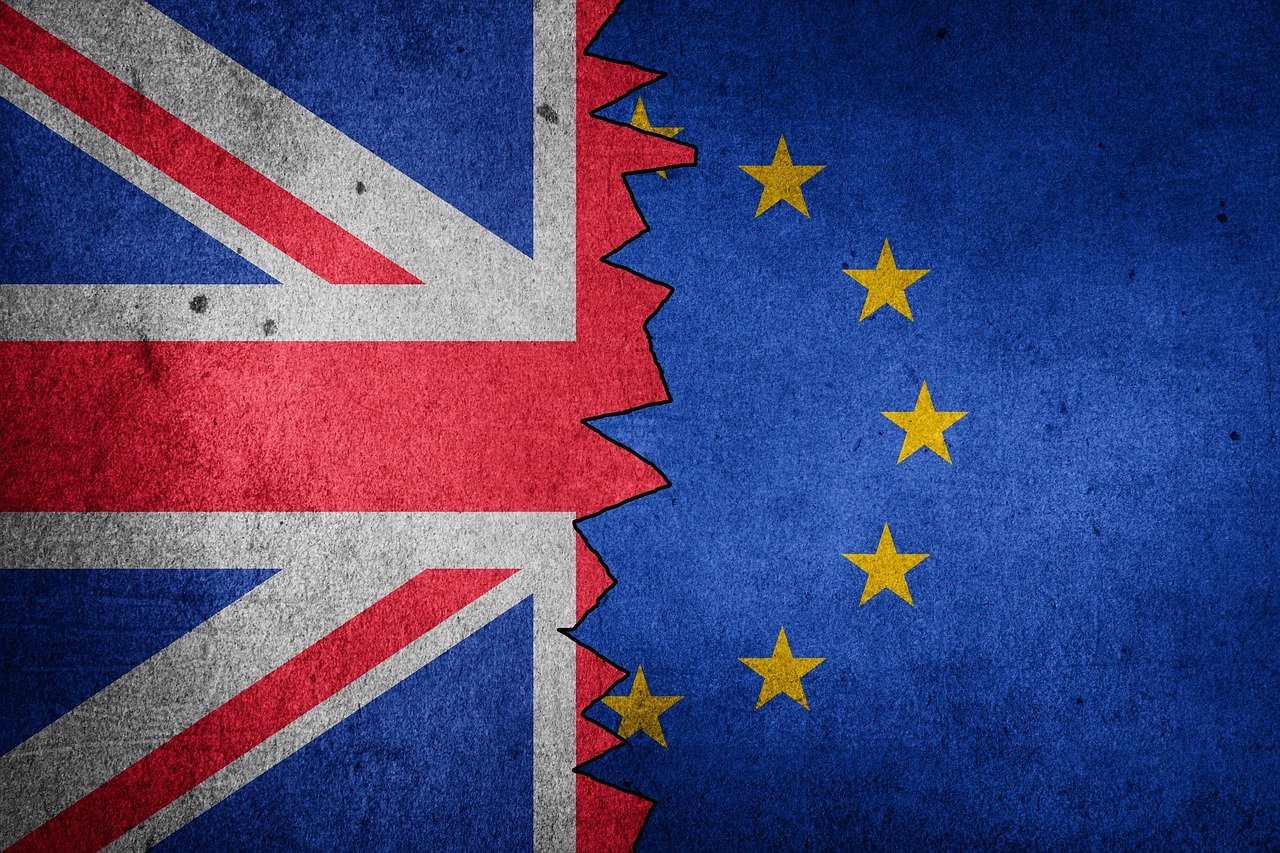Hopes for an “equivalence” agreement for the British and EU financial service sectors are beginning to fade, as both the nation and the bloc begin to introduce diverging post-Brexit rules.
As reported by the Financial Times, Britain has already outlined tweaks to key areas, including rules surrounding equity, fixed income and commodities trading, striking at the contrasting philosophies between the UK and EU approaches to how markets should be regulated.
Already, the UK has expressed an interest in making changes to its jurisdiction.
A recent report commissioned by the British Government and carried out by Jonathan Hill (former EU Commissioner for Financial Stability, Financial Services and Capital Markets Union) presented a series of points aimed at making Britain’s capital markets more competitive on the world stage.
Amongst Lord Hill’s suggestions is the relaxing of multiple rules, including rules making it difficult for companies to list in Britain using SPACs, and the relaxation of laws “free floats” which currently state that 25 per cent of shares in any listed company must be in public hands.
These proposed changes represent a transition in the approach taken to British markets, as many believe they need to become more flexible to compete on the Global stage.
On the other hand, spectators have pointed out that the EU is likely to want to consolidate its regulatory framework, making equivalence, which relies on both sides taking similar philosophies to their industries seem unlikely.
The prospect of equivalence in the financial markets post-Brexit has been a major source of contention. In theory, equivalence would have allowed British and EU financial industry practitioners to continue to trade in both jurisdictions.
The fact that equivalence did not emerge, either in the initial Brexit deal or subsequently has been a concern to some industry experts.
In January, Wayne Pisani, who heads both the regulatory and compliance operations and the financial service tax and regulatory team at Grant Thornton told BusinessNow.mt he was concerned by the lack of a deal on equivalence, warning that Britain might renege on a promise to award unilateral equivalence to EU practitioners, should an agreement on services not be reached.
Self-employed, employees and companies contribute €2.1 billion in 2023
Parliamentary data reveals five-year growth trends in fiscal contributions
MFSA concludes review of Crypto-Asset Service Providers following MiCA implementation
The Authority provided clear expectations and guidance to address certain concerns.
Malta Development Bank to launch schemes supporting sustainable development and creative sector
In 2024, the MDB launched the SME Guarantee Scheme and the Guaranteed Co-Lending Scheme






